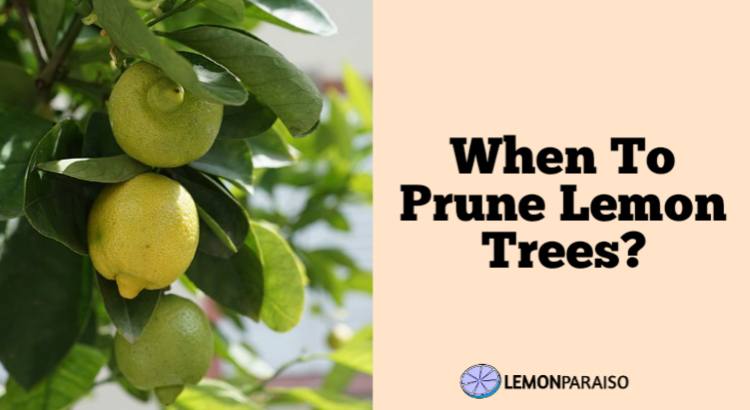What Can You Do With Lemon Peels?
The outer rind of a lemon fruit, which is typically discarded after the juicy inner flesh is consumed. Lemon peels contain high levels of vitamins, minerals, and antioxidants that can be beneficial for culinary, cleaning, beauty, and health purposes. These peels are also commonly used for their strong citrus scent.
What Can You Do With Lemon Peels?
Culinary uses
Lemon zest: The outermost colored layer of the lemon peel, which can be grated or peeled with a zester to add a bright, acidic flavor and aroma to a variety of dishes, such as salads, marinades, and baked goods.
Lemon peel powder: Dried and ground lemon peels can be used as a seasoning or added to spice blends.
Lemon peel oil: The essential oil extracted from lemon peels can be used to flavor desserts, drinks, and savory dishes.
Candied lemon peel: Lemon peels can be simmered in a sugar syrup, then dried and coated in sugar to make a sweet, chewy treat.
Cleaning uses
Cleaning kitchen surfaces: Lemon peels can be used to scrub away grease and grime on kitchen surfaces such as countertops, stovetops, and sinks.
Removing stains: Lemon juice and lemon peel can be used to remove stains from fabrics, grout, and other surfaces.
Deodorizing: Lemon peels can be used to deodorize and freshen up the smell of garbage disposals, cutting boards, and refrigerators by grinding or placing lemon peels in these areas.
Beauty and personal care uses
Exfoliating skin: Lemon peels can be used to exfoliate the skin by gently rubbing the inside of a peel on the face or body to remove dead skin cells and brighten the complexion.
Brightening teeth: Lemon peels can be used to brighten teeth by rubbing the inside of a peel on the teeth or adding lemon juice or lemon peel powder to toothpaste.
Hair care: Lemon peels can be used to add shine and volume to hair by boiling them in water and using the resulting liquid as a rinse after shampooing.
Home and garden uses
Pest control: Lemon peels can be used as a natural pesticide to repel pests such as ants, mosquitoes, and fleas by placing them in areas where pests are present or by making a spray solution with lemon peels and water.
Air freshener: Lemon peels can be used to freshen up the air in a room by placing them in a bowl of water or making a simmering potpourri with lemon peels, water, and other aromatic ingredients.
Composting: Lemon peels can be added to a compost pile to add important nutrients to the soil, they will decompose and enrich the soil with important minerals and enzymes.
Conclusion
Lemon peels have a wide range of uses in the kitchen, cleaning, beauty, and home and garden. They can be used as a seasoning, as a cleaning agent, in beauty and personal care, and in the garden.
Lemon peels are a valuable resource that can be used in many different ways. Instead of discarding them, consider using them in cooking, cleaning, personal care, or gardening to make the most of their benefits.

